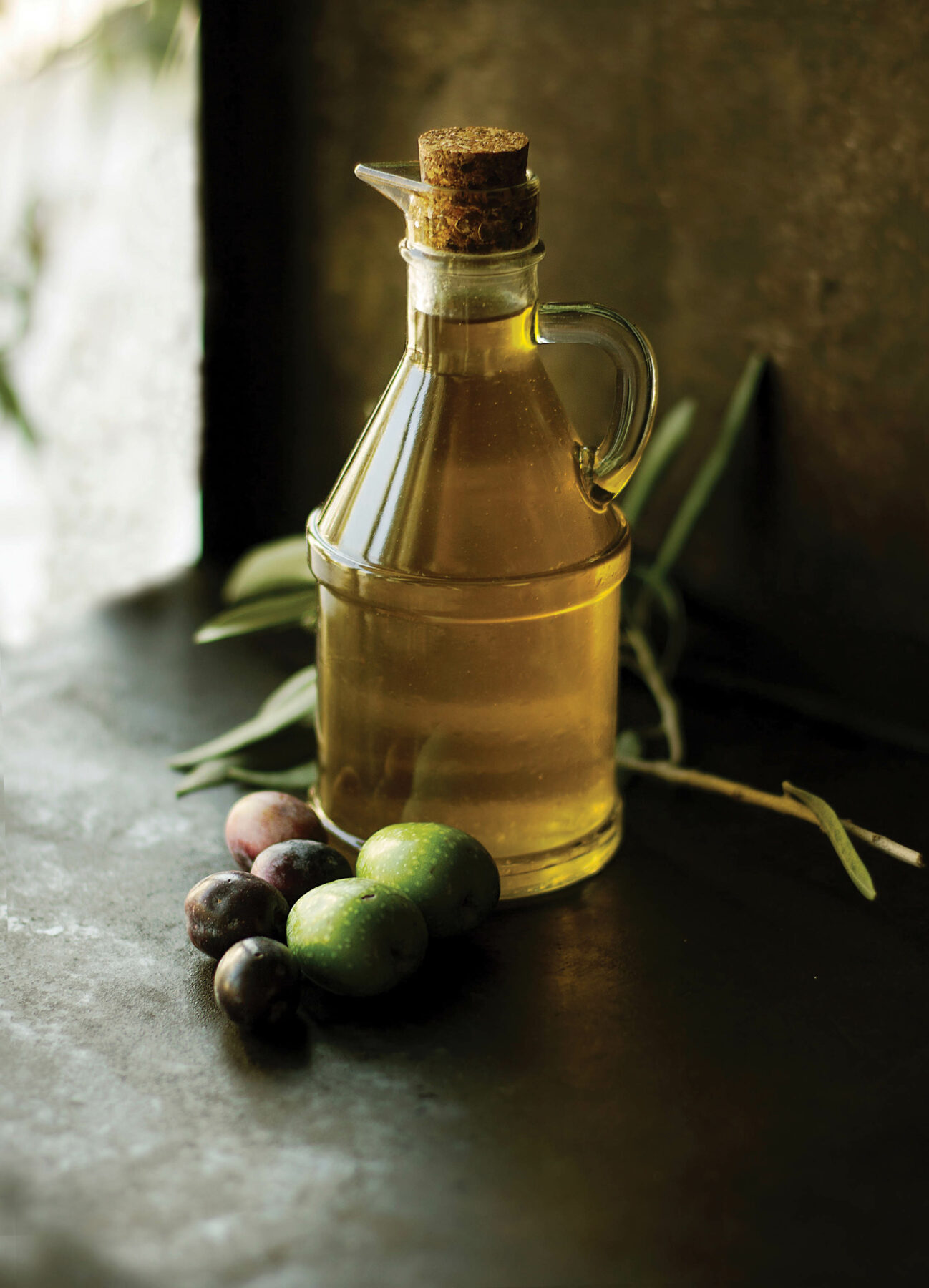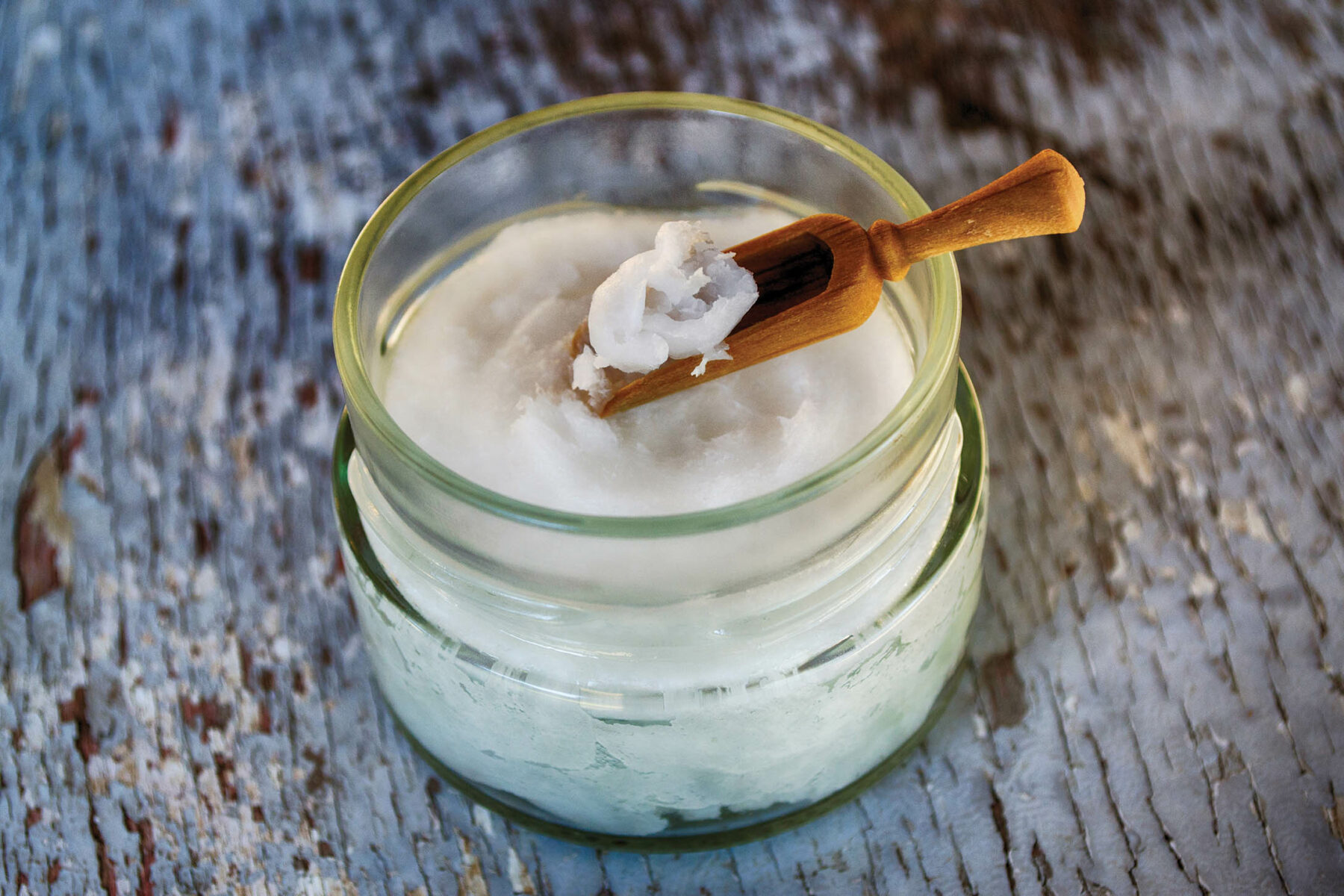The Oil Fats You Need

Not all fats are created equal; some are better than others.
There hasn’t always been the question of which fats to eat — at one time, the only fats available were found in virgin or minimally processed forms. It wasn’t until processing fats for cheaper options that the issue of good fat versus bad fat began.
Consuming fats is essential for our bodies to thrive — they’re our greatest form of energy. They help us digest fat-soluble vitamins, build cell membranes, create certain hormones, and keep our organs cushioned and safe. Understanding which fats are healthy or unhealthy is important for a nutritious lifestyle.
Types of Fats
You may have heard it’s best to stay away from trans fats and stick to unsaturated fats, but understanding the difference is what’s important. There are three types of fats: trans fats, unsaturated fats and saturated fats.
Trans Fats: These fats are the worst! Trans fats are the fats that raise LDL cholesterol levels and lower HDL cholesterol. This alteration of cholesterol levels is what leads to heart disease. Trans fats are the fats of processed vegetable oils and can include canola, sunflower, safflower, cottonseed and corn oil. You can find trans fats in processed foods, baked goods, fried foods and frozen doughs.
Unsaturated Fats: Unsaturated fats are liquid at room temperature. These healthy fats come from avocados and avocado oils, olives and olive oils, nuts and nut butter, and fatty fishes like salmon, tuna, mackerel and sardines. These fats help reduce the risk of heart disease.
Saturated Fats: Saturated fats show their stability with a higher melting point and are solid at room temperature. Too highly saturated fats can increase cholesterol levels and the risk of heart disease, so they should be consumed in moderation. These fats are typically found in animal products and byproducts: fatty cuts of beef, lamb, poultry with the skin on, pork, whole creams, full-fat cheeses, full-fat milk and yogurts, egg yolks, lard, and reserved bacon fat. These fats can be part of a healthy nutrition plan along with unsaturated fats.
The NO Oils

As fat can be found in oils, there are NO oils, or oils to avoid. NO oils are polyunsaturated fats. They’re highly refined, processed, bleached and deodorized. Trans fats also fall into this category. On an ingredient list or on the nutrition label, these oils may be listed as “hydrogenated.”
These NO oils are found in store-bought pastries, baked goods, bread, granola bars, cereals, crackers, cookies, shortening, vegan butter, margarine, fried foods, chips, protein bars, and most salad dressings. You may also need to check the labels on nut milk, flavored coffee creamers, vegan meat substitutes, vegan cheese substitutes, and roasted nuts/seeds.
Here’s a list of NO oils:
- Soil oil
- Sunflower oil
- Safflower oil
- Canola oil
- Corn oil
- Cottonseed oil
- Hydrogenated oil
- Refined palm oil
You may also want to ask restaurants if they use grapeseed oil and rice bran oil.
The YES Oils

These are traditional fats and oils that have limited processing. Some you can use for everything from frying to baking, while others you must be aware of the heat index, as heat will break the fats and turn them from healthy to toxic.
Oils for every use:
- Olive oil
- Avocado oil
- Peanut oil
- Butter/ghee
- Cocoa butter
- Macadamia nut oil
- Coconut oil
- Almond oil
- Animal fats: duck fat, bacon grease, lard
Oils to be cautious with heat:
- Walnut oil
- Flax oil
- Sesame
- Walnuts
- Fatty fish
- Artisanal grapeseed
Oils to be cautious of and limit:
- Refined peanut oil
- Refined avocado oil
- Refined coconut oil
The easiest place to start looking for these oils is your pantry. Ideally, you’re consuming healthy fats, but those are hard to find in processed foods. I would never suggest throwing your food away; rather, slowly stop replenishing the foods that contain NO oils.
By reading labels and removing NO oils from your pantry, the faster your body can heal. The healthier your heart, the more clearly you’ll think and the faster your gut will regulate. I highly encourage you to read every label, ask every server at every restaurant and say no to NO oils.
About the Author

Coach Kati Epps is the founder of MyBody GX with a background in chemistry from Colorado State University, an ACE-certified personal trainer, a health coach and a nutrition specialist.






